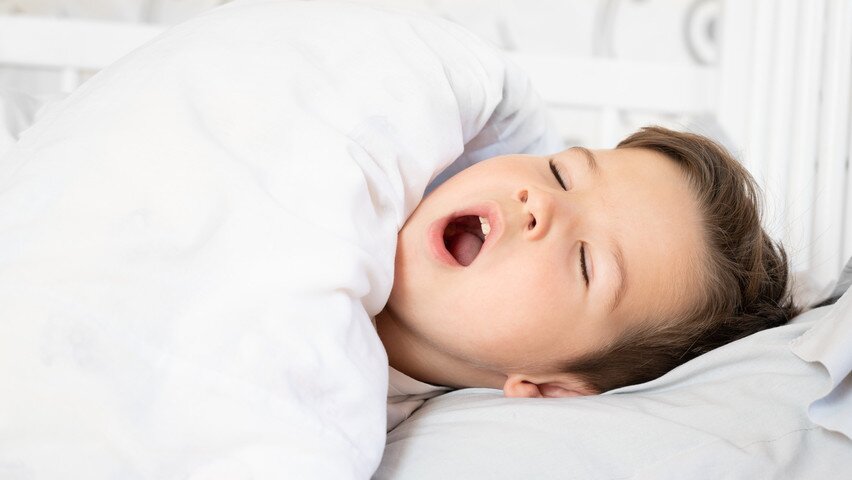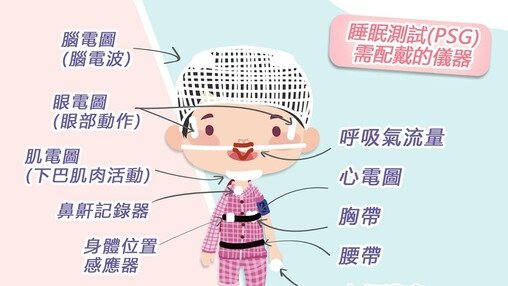Paediatric Sleep Disorder Clinic
Service Hours
By appointment only
Contact Us


Introduction
The Paediatric Sleep Disorder Clinic provides tailor-made advice to parents on managing sleep problems in their children and promptly diagnosing sleep issues that require interventions. The clinic is managed by professionals with extensive clinical experience in handling sleep disorders in children and adolescents. We offer a comprehensive one-stop service for managing a wide variety of paediatric sleep problems. Additionally, we promptly diagnose any associated issues that may require referrals to other specialties, such as Otorhinolaryngology (ENT), Psychiatry, and etc.
Our Services
- Consultation to provide advice to manage behavioural sleep problems
- Provision of treatment and diagnostic overnight polysomnography in managing children with sleep-related breathing disorders
Obstructive Sleep Apnoea (OSA)
Sleep is crucial and plays a vital role in our overall well-being. In fact, we spend approximately one-third of our lives asleep. Current scientific evidence suggests that sleep serves numerous important functions, including the removal of waste materials from our brain, the consolidation of memories, and the secretion of essential hormones, etc. Achieving good sleep requires both optimal quantity and quality.
In children, one of the most common causes of poor sleep quality is obstructive sleep apnoea (OSA). Typical symptoms of OSA in children include frequent snoring, restless sleep, mouth breathing, and night sweats. Interestingly, some of the daytime symptoms of OSA overlap with those observed in children with attention deficit hyperactivity disorder (ADHD), such as poor attention, behavioural issues, and temper tantrums.
Therefore, if your child displays symptoms associated with ADHD, it is important to ensure that their sleep is optimal besides considering the diagnosis and management of ADHD. Addressing and improving their sleep quality may have a positive impact on their overall well-being and potentially alleviate some of the ADHD-related symptoms they may be experiencing.
Common symptoms of OSA:
- Snoring
- Restless sleep
- Mouth breathing
- Night sweats
Some of the daytime symptoms of OSA overlap with those seen in a child with attention deficit hyperactivity disorder (ADHD):
- Poor attention
- Behavioural issues
- Temper tantrums
Download
Health Knowledge
View AllMedical Team
View AllCUHK Professorial Team
Service Hours
By appointment only
Contact Us

















